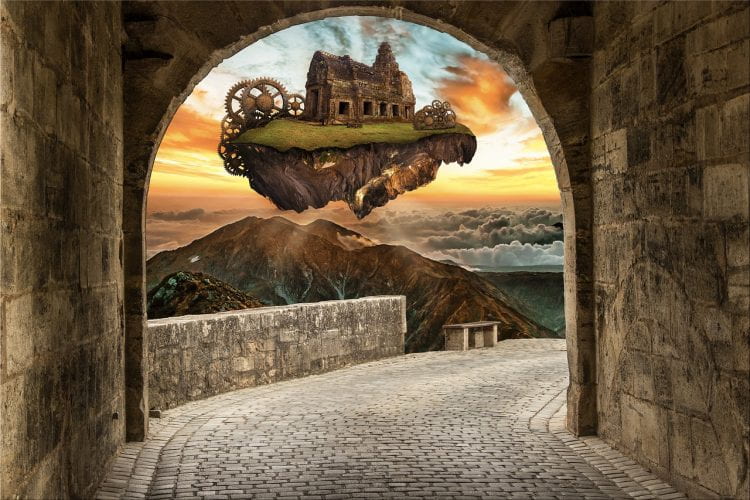 By Ava Aldrich (Public Relations Student, University of Massachusetts Amherst)
By Ava Aldrich (Public Relations Student, University of Massachusetts Amherst)
When initially faced with the question “What is a story?”, I was incredibly tempted to shoot for a technical approach, and it’s really no secret as to why. After all, I’ve spent the better part of my academic career being lectured on the logistics of stories, focusing on everything from the stages of plot development to the author’s thematic intention to a myriad of rhetorical devices. While I cannot deny that these elements are important contributions to the world of storytelling, I would much rather spend my time discussing how stories make me feel because I see them as more than tools for academic analysis. Stories are food for our souls and nourishment for our imagination, both of which can easily become eroded by the harsh realities of everyday life.
I read to feel, to dream, and to learn . . . to temporarily close the door on my reality and open it to the realities that are miraculously materialized by print and paper.

For myself, opening the cover of a great book is the equivalent of stepping into a realm untouched and untainted by contemporary anxieties. The realities that this realm beholds are vivacious, amplified versions of the one that we live in, which is why they capture our interest so effortlessly. They are specially designed to shift our attention off of the real world and onto a fictional one where everything is bigger and bolder: Emotions are elevated, action is densely packed, and dispositions are more intense in nature. There is seldom enough time or space in stories to delve into mundane details. While the constant stream of consequential information may seem overwhelming, it actually brings me tranquility because it is one of the only things that can slow the fast-moving thoughts of my wired mind.
While I appreciate being engaged mentally, the very best stories engage my heart. Those stories are the ones that are so emotionally enthralling that you think about them for days, weeks, or months on end.
They paint a window through which you can enter the colorful soul of the protagonist, and that threshold makes you so much more than a silent spectator bearing witness to someone else’s journey—you eventually become a reflection of everything the characters feel, involuntarily mirroring their sentiments, whether they be elation, anguish, or anxiety. You broaden your scope of experience until you’re withstanding every tragedy and celebrating every triumph as if you are living through them yourself. This intangible yet unbreakable tether is what great books are made of: If you don’t feel a bond with the characters that you are reading about, it’s doubtful that you will ever ponder the story after you’ve finished it. Great stories are never read and forgotten; they manifest themselves in unexpected and simple ways, whether it be through random urges to reread your favorite chapter or through spontaneous bouts of perplexion about its ending. Great stories make you forlorn and melancholy once you’ve turned the last page, and you will always covet for more time with the characters that you grew to adore. The imprint of a great story is everlasting.
 Interested in Reading More?
Interested in Reading More?
Check out the page “On Imaginative Education & The Power of Story (Theory/Practice)” to read more wonderful posts on how imagination and stories can shape meaningful teaching/learning experiences.



The accompanying art is inspiring. Is this the work of the author, Ava Aldrich?
NO, I believe these images came from pixabay.com! They are gorgeous.